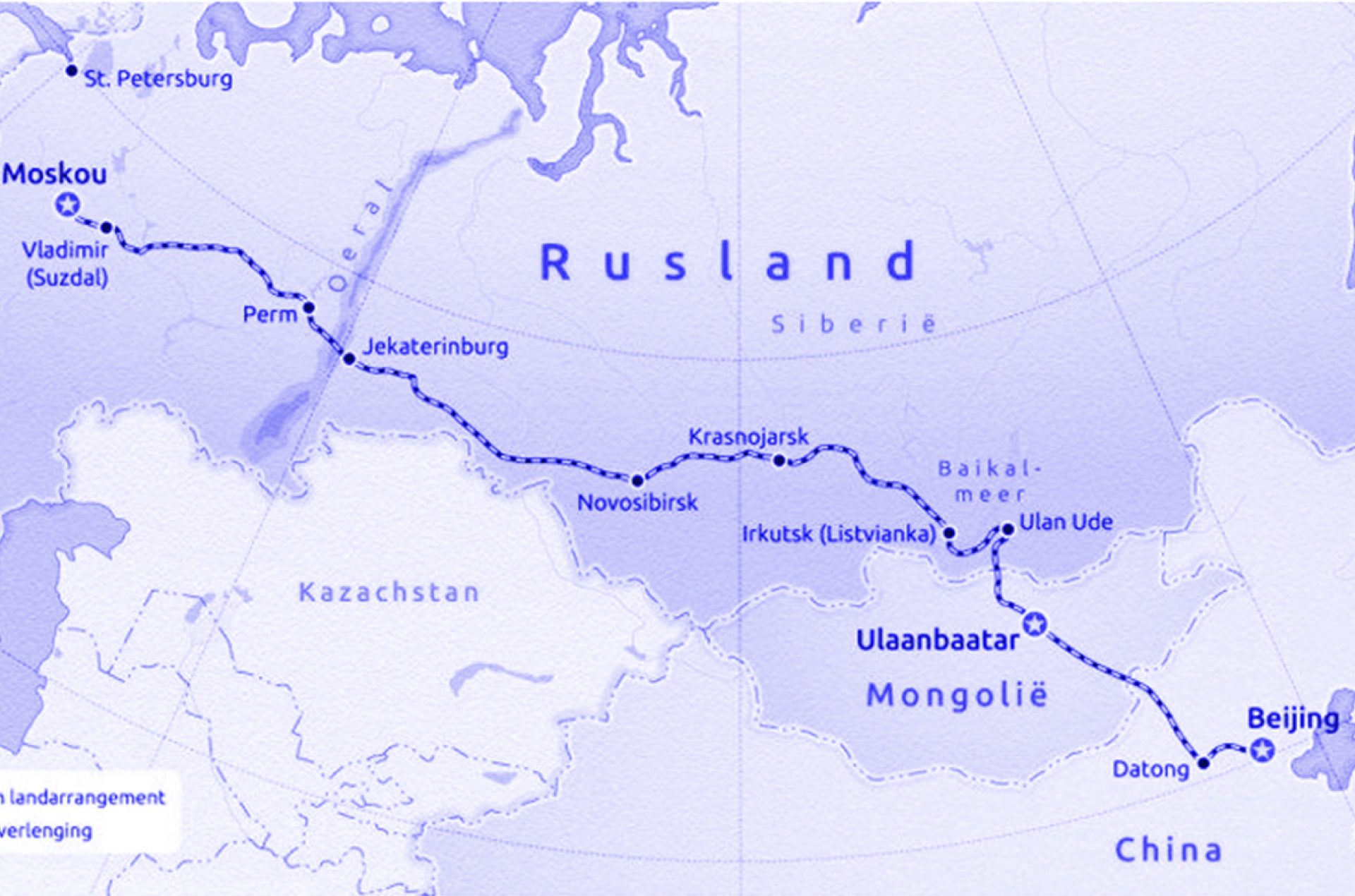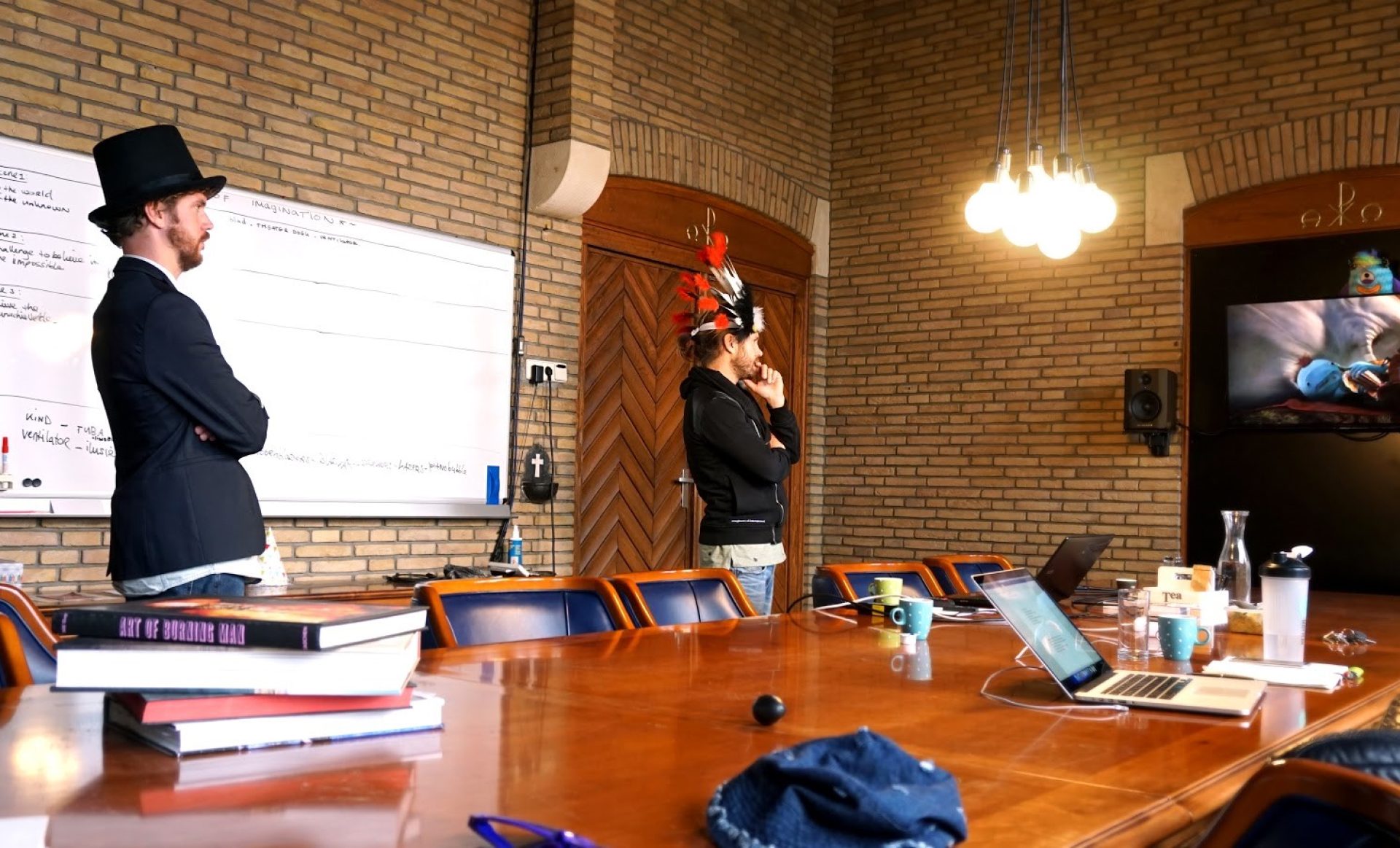Authenticity Matters: Showcasing Local Culture at Custom Corporate Dinners
When working on international dinner events, you have to be able to understand the nuances of various cultures. Learn how to strike te right tone every time!
“At this point, we already founded Plugged so I deemed it only logical to write a business plan for my own company. Easy peasy lemon squeezy. Or so I thought…” Take a trip down memory lane with our founder Koen Colmbijn to the very start of Plugged Live Shows.

Recent adjustments in the positioning and name of my company have caused some major flashbacks to a story I would like to share… Back in 08’, three years after I nearly graduated from the International Hotel Management School I got a phone call from my study counselor. He kindly reminded me that I still had a thesis to write. A kind gesture from the institution I had not heard from in quite a while, save from the monthly bills. I decided it was time to finalize my long overdue responsibility. We already founded Plugged so I deemed it only logical to write a business plan for my own company. Easy peasy lemon squeezy. Or so I thought…



Expeditiously I started writing only to come to the realization that I was never going to finish it. At the time, I was actively engaged in changing the direction of the company that was to be Plugged Live Shows. However, I was too busy doing things to actually stop, analyse my ideas and put it in black on white. I realized I had to do something to enable by thought process.
Evidently, the most sensible thing to do was to plan a period of time in which I could write it in isolation. I bought myself a ticket for the Trans-Mongolian Express for the trip back to the Netherlands from Beijing where I would work for the Holland Heineken House during the Olympics. This month-long journey seemed like the perfect opportunity to write my plan. As it turned out, this was not even a remotely sensible thing to do.
“What seemed to be the perfect opportunity was, in fact, not even a remotely sensible thing to do.”
Right after finishing my work in the Holland Heineken House during the Olympics in Beijing I boarded the Trans-Mongolian Express ready for my solitary adventure of traveling over 9000 km through eight different time zones. As soon as the train started riding across the desolate landscapes of northern Asia I began working on my business plan with a kind of unstoppable drive that I had not felt before. Inspired by the grandiose scenery I was sure I would deliver a top-notch plan. Boy, was I wrong.
After 30 days I had not only experienced a journey of a lifetime (seriously, the Trans-Mongolian express is an absolute recommendation) but I had finished my plan. I was extremely proud of what I had written and ready to take on the world by changing the company and realizing the dreams we had set out to accomplish.


Upon my return, I immediately visited our headquarters. In the weeks that followed I shared and discussed the plan with colleagues, employees, competitors and many other people. By doing so, I learned some invaluable lessons. Including that my “plan” was not as great as I had thought…
Allow me to share the valuable lessons I encountered, so that you don’t have to learn them the hard way.
As I engaged in the conversation about my plan with the people I have mentioned before I became instantly aware of the fatal errors I had made. First off, I had made too many assumptions regarding the market in which we were planning to operate. With my lack of connection to the outside world during the train ride or rather the total absence of available internet in Siberia, one of the many stops along the way, I had fallen into the pitfall as many people did before me and many other will in the future.

I had made assumptions based on the knowledge I already possessed without conducting proper research to double check these hunches. This resulted in conclusions that were not entirely correct or even useable.
“With my lack of connection to the outside world, I had made too many assumptions regarding the market in which we were planning to operate.”
The second pitfall of writing a plan on your own is, well, writing it on your own really. My plan had many of action points and ideas that were really good, but also had an equal amount of points with plenty of room for improvement. If I had only talked to other people about the plan or the ideas inside it. I would have been able to create a plan that would have been so much better and applicable.
So, my advice for everyone that is writing a business plan: Don’t do it alone. Ask for the opinions and ideas of colleagues, friends, competitors, experts, teachers, partners or anybody really. Engaging in a dialogue is the only way to come to new and original solutions to the challenges ahead. Four eyes see more than two. Even critical ones.

I had not realized this right away but it became clear to me in the months and years that followed. You can’t write a decent business plan in a month or even a year I reckon. Well, you can write a plan with any given number of ideas, solutions and strategies within any given period of time. However, writing a plan should be something that is never fully done.
“Writing a plan should be something that’s never fully done.”
As the world is constantly changing the plan needs to transform from time to time to stay ahead of these changes. In order to let your company flourish you should generate as many ideas as possible, test them and never stop doing this. By regarding your business plan as an ongoing process rather than a fixed fact you create room for possibilities, develop space for creativity, integrate feedback and establish capacity for growth.
Well actually, it is like anything really. Besides trains you can compare a company to just about any inanimate object and I am definitely not the first to do this. However, since my adventure on the Trans-Mongolian express I have always preferred the train analogy above others. I am not talking about the cliché of being punctual and missing the train as it waits for nobody. But rather the entire process of keeping a train on the tracks along its predestined route.
An enterprise has, not unlike a train, many stations on its journey. What a station is for a train is a KPI is for a company. Each station must be visited to reach the destination or in this case, the ultimate goal of your company. As the journey continues or is sometimes brought to a standstill for necessary repairs or a change of tracks, it is of vital importance to always keep an eye on the end station and the way to reach it.

“As the journey of your company continues its twists and turns, remember to keep an eye on the end station.”
Let me emphasise this once more. It is essential to keep the engine running, at all costs. Whether this takes fuelling the train by relentlessly adding coal to the fires or maintaining the electrical circuits of a high-speed train. Maintenance is indispensable. By constantly writing and rewriting your business plan to suit the contemporary situation you can make sure you will never fall behind on your journey toward the goal you have set out to accomplish.
Last but not least, remember you are never alone on a train. Keep engaging in dialogues with as many passengers as you can along the way and always remain susceptible to new possibilities and insights.